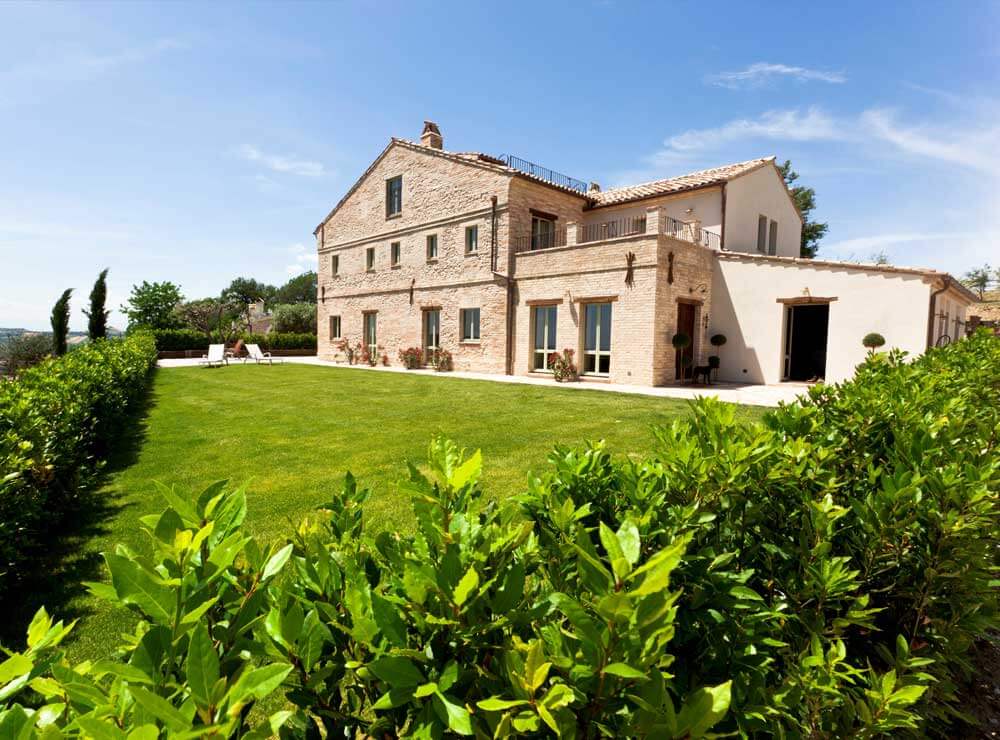
GET WISE ABOUT FRANCE’S WEALTH TAX CHANGES
13.02.18One of the primary concerns for aspiring buyers considering a bolt hole in la belle France is whether wealth tax will unduly affect them. There are significant changes to wealth tax currently passing through French parliament which will become law in a few months. At present - wealth tax is applied where one's assets are above €1,300,000, and is assessed on the 1st January each year, with rates ranging from 0.5% to 1.5%.
If your primary residence is overseas, then what is assessed is the net value of the assets situated in France, with assets abroad being exempt. If the net value of your French based assets is greater than €1,300,000, then wealth tax will be applied, so if your aspiration is to spend more than this on a property in France, a tenacious approach to financial planning is essential.
The most even-keeled solution to a French property purchase is to raise a loan on the property from a French bank. There’s no requirement to borrow the full value of the property, but merely the value above €1,300,000. It’s important to bear in mind however that any other assets in France, such as cars, furniture, even bank accounts will also be included in the estate value assessment, so it’s best to only use accounts outside France. A wealth tax exemption does however apply to fine art and antiques, mitigating any concerns about bringing luxury ‘must-haves’ into one’s new abode.
As always, property valuations inevitably bring with it a degree of flexibility. This however is less commonplace when it comes to the assessment of high-value properties, which tend to fall under the close scrutiny of the tax authorities. If you underestimate the value at the point which the property is sold, the tax office may reassess your residence for wealth tax, on what they see as the correct value, and apply the appropriate penalties which they regard as not fully declared. Having your property professionally assessed is therefore an essential precursor to take.
Abode Affiliates
COPYRIGHT © Abode2 2012-2024





















































































































































































































